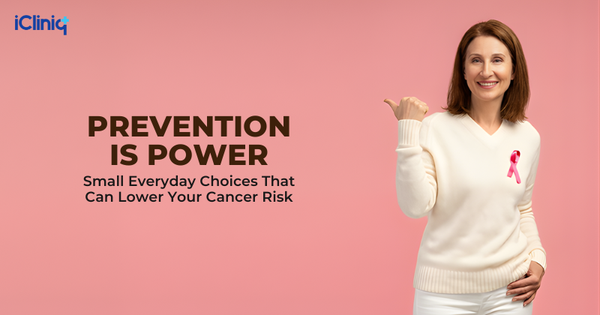The Hidden Health Risk: How to Take Charge of Fatty Liver Disease?

Did you know your liver might be storing fat silently and causing damage without showing clear signs? Fatty liver disease is becoming more common, especially in people who are not aware of the risks. It is time to start listening to your body and taking charge of your liver health.
What Is Fatty Liver Disease?
Fatty liver disease happens when fat starts building up inside your liver cells. There are two types:
- Non-Alcoholic Fatty Liver Disease (NAFLD) – Linked to lifestyle, not alcohol.
- Alcoholic Fatty Liver Disease – Caused by excessive alcohol intake.
Over time, this fat can lead to inflammation and scarring, and in some cases, serious liver damage.
Why It Matters?
Fatty liver disease often develops quietly, without pain or obvious symptoms. But left untreated, it can progress to cirrhosis or liver failure. It’s one of the most overlooked health issues today, especially because it often affects people who feel otherwise healthy.
Symptoms to Watch For:
- A feeling of fullness or discomfort in the upper right side of your stomach.
- Constant tiredness or lack of energy.
- Unexplained weight gain or trouble losing weight.
- Mild pain around the liver area.
Getting Checked
A doctor may suggest a blood test, ultrasound, or a scan to look at your liver. People with diabetes, obesity, high blood pressure, or high cholesterol are at greater risk. If you fall into one of these groups, ask your doctor about screening.
Taking Control: What Can You Do?
- Change your diet – Eat more whole foods, vegetables, lean proteins, and avoid sugary or processed items.
- Exercise regularly – Even a 30 minute walk five times a week can help.
- Limit alcohol and avoid unnecessary medications.
- Lose weight gradually – A slow, steady loss of 5 to 10 % of your body weight can reduce liver fat.
Start the Conversation
Many people never talk about liver health, until it is too late. Share what you know with family and friends. Encourage them to get tested, especially if they have risk factors. Your liver is resilient; it can heal if you give it the care it needs.




